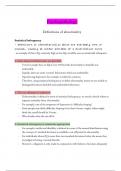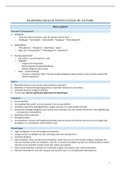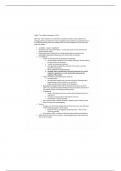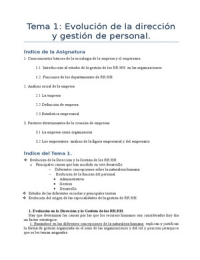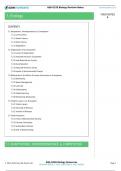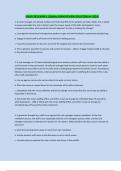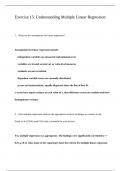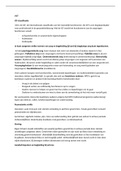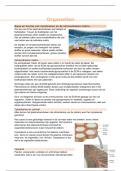Other
AQA Psychology - psychopathology 16 marker plans
- Module
- Psychopathology
- Institution
- AQA
Provides elaborate 16 marker plans for all questions that could appear in the exams, includes all key statistics and names mentioned on the specification for AQA, as well as a range of evaluations to choose from.
[Show more]
